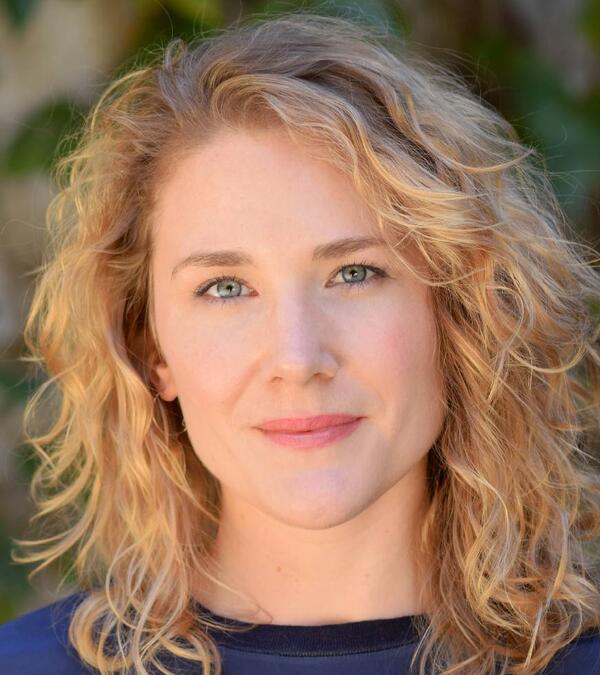Rosalind Donald

Rosalind Donald
Doctoral Candidate
Communication
Columbia University School of Journalism
Communication
Columbia University School of Journalism
I study the relationships between environmental policies, including responses to climate change, and racial discrimination. My dissertation examines the debate about climate change gentrification in Miami - the charge that developers now covet the city’s historically Black communities because they are located on high ground relatively far form the shoreline. I show that this debate is not new: elites have mobilizing environmental arguments to justify the displacement of Black communities since the city’s inception.
Miami’s New Deal ‘redlining’ map published in 1937 contained an unusual feature. Redlining documents for neighborhoods like Surfside and Venetian Islands listed environmental considerations as detrimental influences on property values alongside the usual ratings based on racial makeup and neighbourhood amenities. Other proposals from the era included a “Negro Resettlement Plan”, which stated the aim of moving Miami’s entire Black population to three ‘model towns’ outside the city limits, where residents would live according to white elites’ idealized notions of tropical subsistence farming in the Bahamas. Officials used parks and planting as well as walls and zoning restrictions to isolate Black communities. Environmental anxieties became a key justification for displacement and nature became a tool for segregation. Other studies have tended to focus either on Miami’s environmental history1 or its development as one of the most severely segregated and unequal cities in the United States.2
In this talk, I show how environmental knowledge and anxieties informed by factors such as previous disasters and colonial forestry were integral to the segregation of Miami, a system which in turn powered its economic engine. Segregation and displacement were environmental as well as economic policies. The environmental justice crises Miami’s New Deal policies set in motion continue today: Now, the high ground inland Black communities were restricted to has become a prime target for developers and climate change adaptation measures in these areas risk worsening the situation by making neglected areas more desirable.
Greenlining: Segregation and Displacement as Environmental Policies in New Deal Miami
Work Areas:
Climate change, Climate justice, Community-based research, Distribution of environmental hazards, History, Local or traditional knowledge, Policy and Governance, Race and ethnicity, Urban systemsPeople and Partners
Yale Center for Environmental Justice
Yale School of the Environment
Kroon Hall
195 Prospect Street
New Haven, CT 06511
Email: ycej@yale.edu
Yale School of the Environment
Kroon Hall
195 Prospect Street
New Haven, CT 06511
Email: ycej@yale.edu





